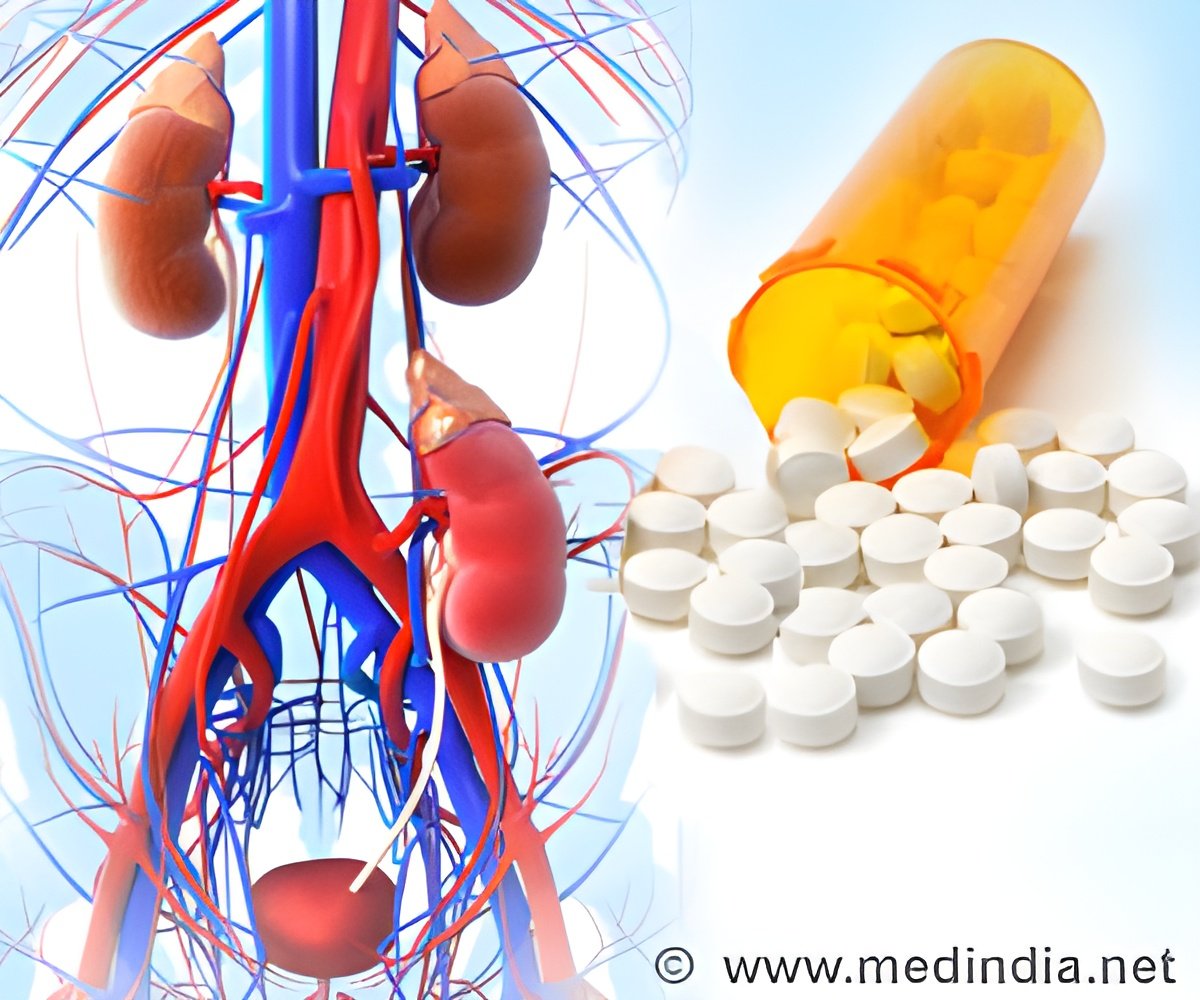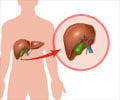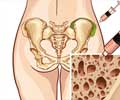A drug that can be given at the time of a kidney transplant operation will cut down the risk of rejection by half.

One of the main culprits is a class of drugs known as calcineurin inhibitors. These drugs are very effective at preventing rejection in the first weeks and months after a transplant, but their lasting effects can have serious consequences for the kidney later on.
Kidney transplantation is still the best treatment for patients with kidney failure, but much more subtle approaches are needed if success rates are to be improved.
Around 15,000 people undergo transplant in the USA every year and 2,000 in the UK. Patients need to take drugs to suppress their immune system in order to reduce the chances that it will 'reject' the new kidney. It is a risky procedure since disabling the immune system in this way can lead to an increased number of infections and cancer.
The 3C study (Campath, Calcineurin inhibitor reduction and Chronic allograft nephropathy) tested whether alemtuzumab (Campath; an anti-rejection treatment) partnered with low dose tacrolimus (a calcineurin inhibitor) could reduce transplant rejection when compared with existing treatment.
The study recruited 852 patients who underwent kidney transplantation in the UK between 2010 and 2013.
Advertisement
Among those allocated alemtuzumab-based induction therapy, 7.3% experienced acute rejection compared to 16.0% of those allocated basiliximab-based induction therapy – a halving in the risk of early rejection.
Advertisement
Although alemtuzumab has been available for many years, its use has been limited by concerns about possible side effects, in particular infections.
But no overall excess in serious side effects – such as infections and cancer – was found in patients on the treatment, the scientists report.
Medical Research Council-funded researcher, Dr Richard Haynes of the Clinical Trial Service Unit at Oxford University, said: 'The safety data from the 3C Study are reassuring. There was no overall excess risk of infections or other known complications of immunosuppression.'
Medical Research Council scientist Professor Colin Baigent, one of the other lead investigators, said: 'These results from the first 6 months of the 3C Study demonstrate the importance of large randomized trials in transplantation. The planned long-term follow-up of the 3C Study will provide a unique opportunity to investigate whether these differences in short-term outcomes translate into improvements in the long-term which will be of great interest to patients and their doctors.'
Dr Richard Haynes expressed his gratitude to all of the participants in the study: 'Without their help we would not have been able to make this progress towards improving the care of people who receive kidney transplants,' he said.
Prof James Neuberger, Associate Medical Director at NHS Blood and Transplant, said: 'NHS Blood and Transplant is delighted to be supporting this multi-centre UK study into the immunosuppression treatment of patients who have received a kidney transplant. We would like to congratulate the investigators on the good outcomes they are reporting and we hope these results will be sustained in the long term. Improving outcomes for patients and their families, will help us to achieve our aim to make every donation count and enable even more patients receive the transplants they need.'
Source-Eurekalert













